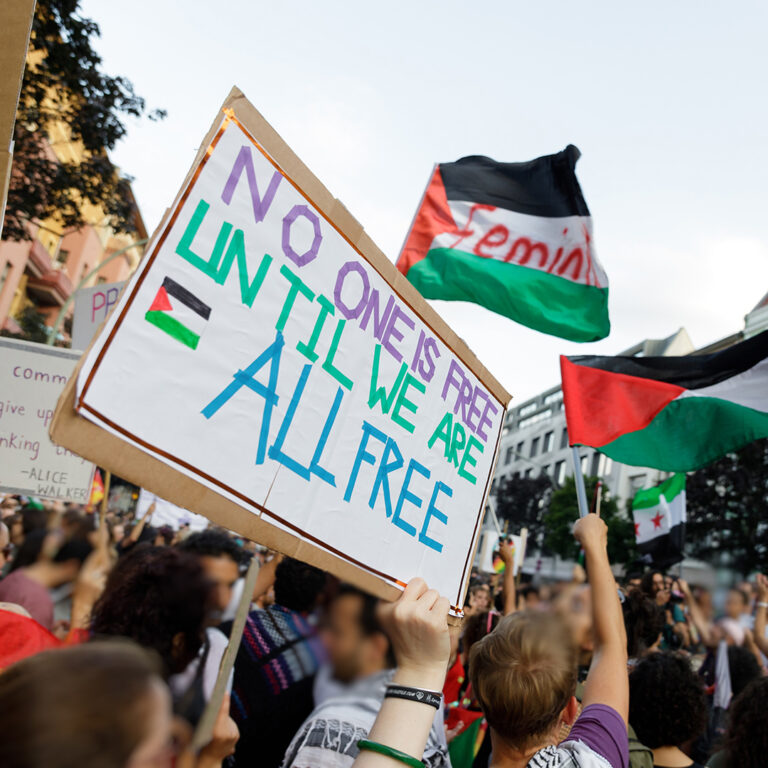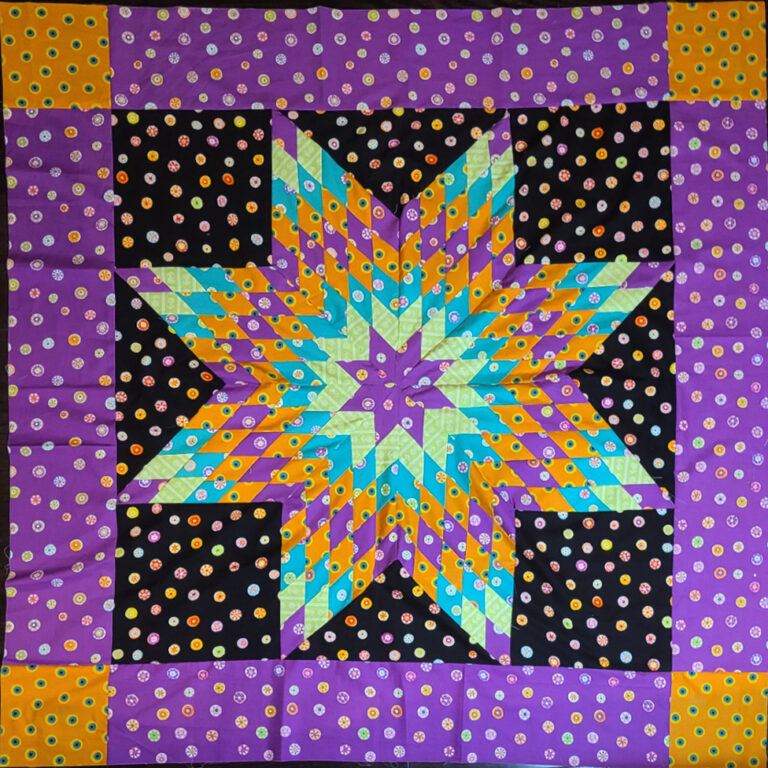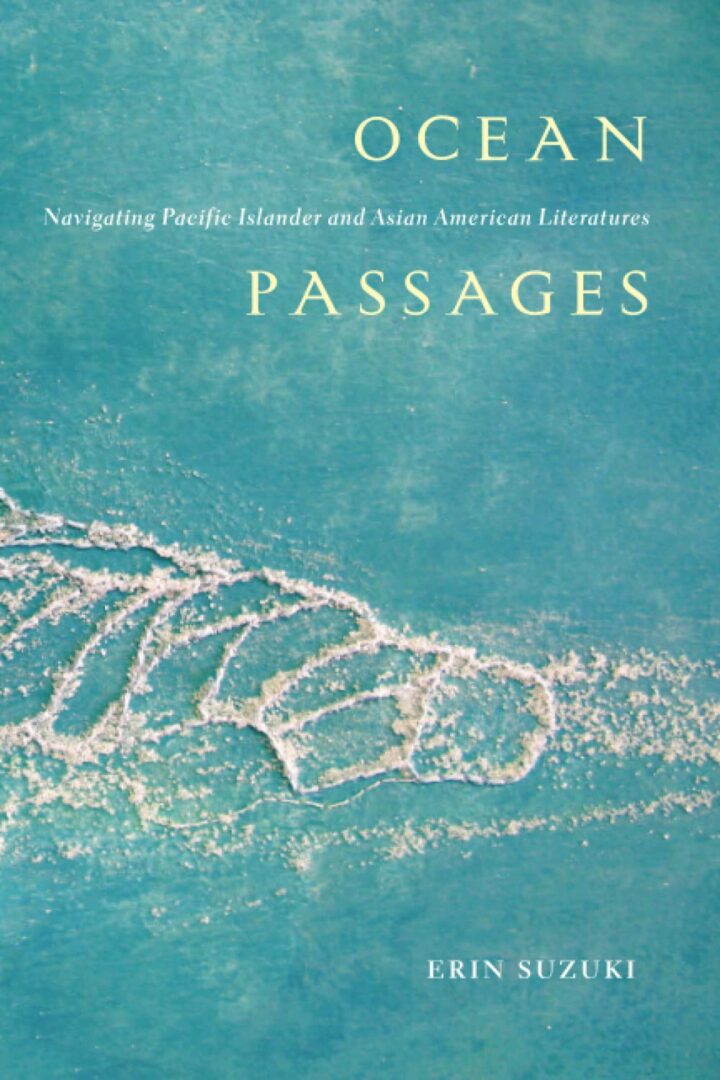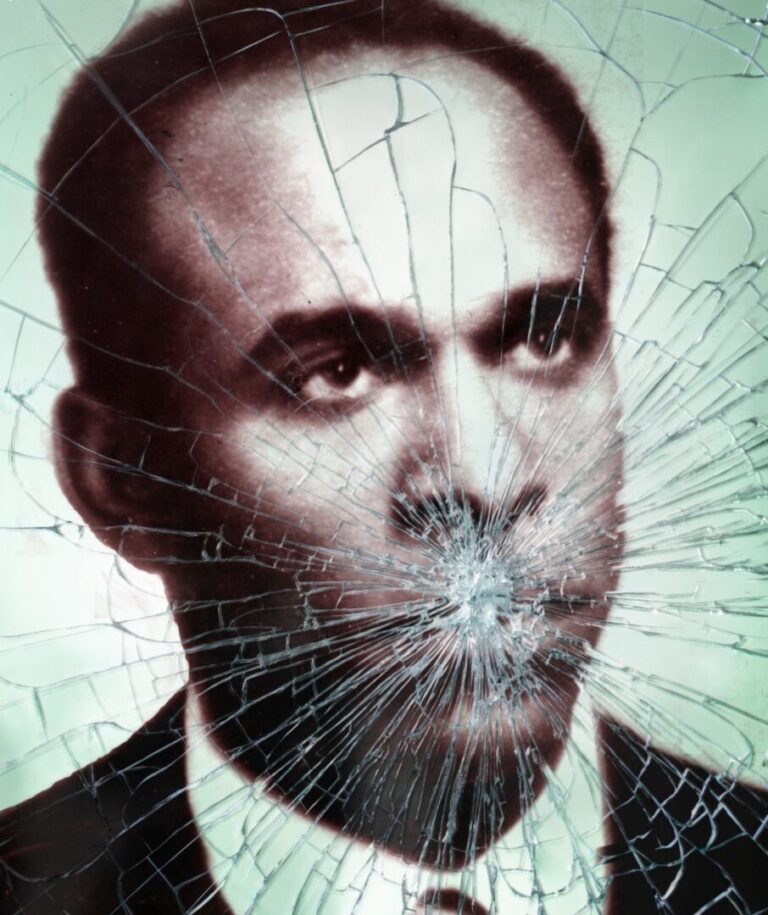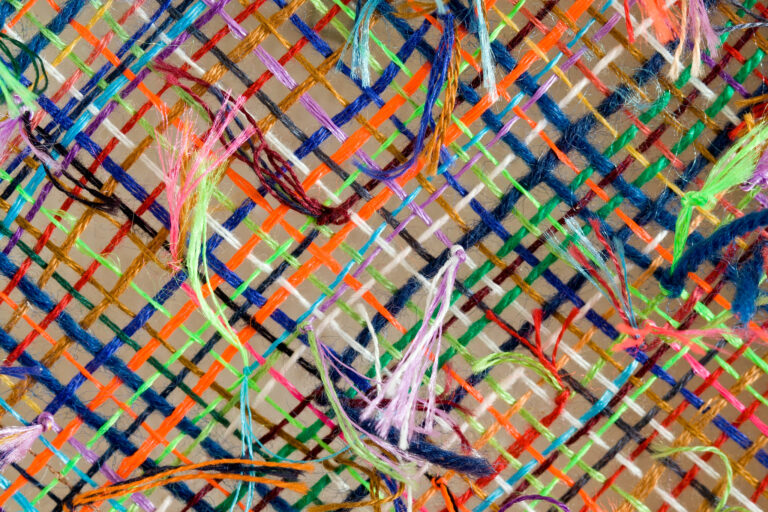This essay asks why the Third World has become a symbol of poverty and failed infrastructure while the political imperative towards decolonization has gained popularity. By examining histories of decolonization in mid-twentieth century and the subsequent establishment of postcolonial nation-states that often ignored, suppressed, or actively participated in settler colonial occupations both globally and internally, I argue that there needs to be a widespread reckoning with what constitutes anti-colonial liberation.
Keyword: decolonial
The Black Shoals Dossier
This dossier collects four reflections on The Black Shoals: Offshore Formations of Black and Native Studies (2019) with responses by its author Tiffany Lethabo King. This dossier is based on an American Studies Association 2021 roundtable organized by Beenash Jafri.
Review of Ocean Passages: Navigating Pacific Islander and Asian American Literatures by Erin Suzuki (Temple University Press)
Erin Suzuki’s Ocean Passages is a sustained analysis of how various narratives of “ocean passages” disrupt and revise hegemonic constructions of the Pacific. Through analyses of contemporary Indigenous Pacific and Asian American literatures, Suzuki demonstrates what new paradigms can emerge by bringing Asian and Pacific Islander passages across the same sea into critical relationality.
“A Program of Complete Disorder”: The Black Iconoclasm Within Fanonian Thought
This essay examines the scholarship of revolutionary theorist Frantz Fanon and the debate surrounding his conception of decolonization and “new humanism.” Across a multitude of fields, Black and cultural studies among them, Fanon has been heralded as an iconic thinker who offers us a path toward an alternative humanity. Working against the grain of this popular form of Fanonism, I suggest that there is a Black iconoclasm—a deep desire to unsettle the very rendering of a systematic path toward decolonization—that pervades Fanonian thought. Accordingly, the essay examines and unsettles various forms of Fanonism by suggesting that their teleological narratives of redemption ultimately end up serving anti-Fanonian pursuits. Through an extended meditation on Fanon’s claim that decolonization is “a program of complete disorder,” I explore what it might mean to embrace a Black iconoclastic approach to Fanon and the pursuit of Black liberation.
Review of Palestinian Theatre in the West Bank: Our Human Faces by Gabriel Varghese (Palgrave MacMillan)
In Palestinian Theatre in the West Bank: Our Human Faces, Varghese traces five Palestinian theatre companies—Al-Kasaba Theatre, Ashtar for Theatre Productions and Training, Al-Harah Theatre, The Freedom Theatre, and Al-Rowwad Cultural and Theatre Training Society—from the first intifada (1987–93), or uprising, to today, to show how abject counterpublics in the West Bank resist Zionist erasure narratives. In the book, Varghese weaves thick description of examples and performances with historical contextualization to draw readers into what motivates Palestinian theatre-makers. Varghese shows there is potential for resistance through the border anxiety developed in sites of colonial abjection. Ultimately, this text argues Palestinian theatres in the West Bank do more than just perform plays—they provide needed space where issues are exposed, communities gather, and marginalization is responded to with beautiful resistance.
